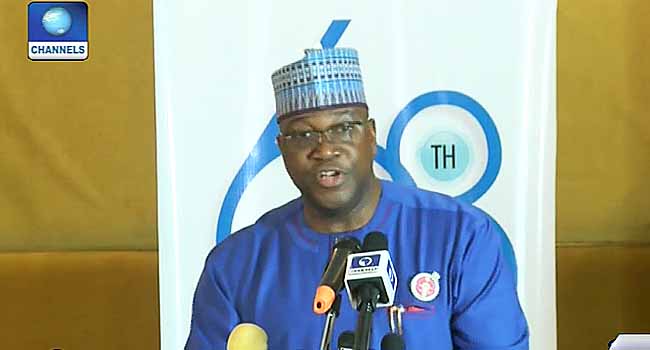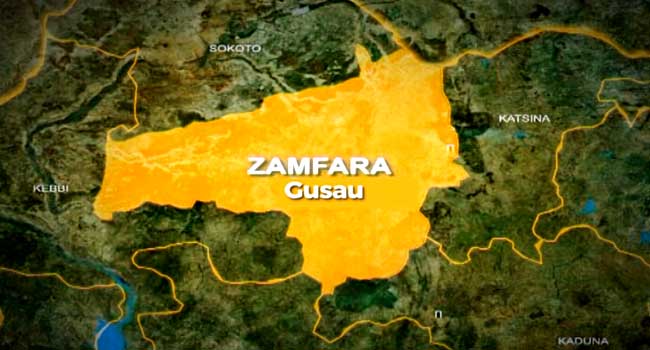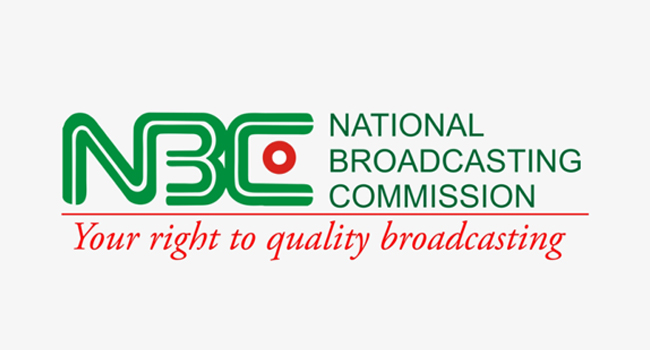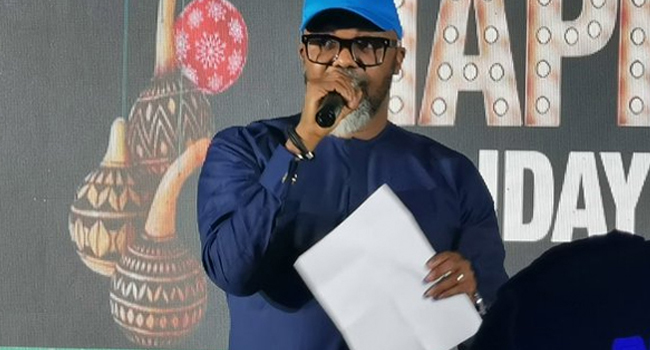The Chairman of the Broadcasting Organisations of Nigeria (BON) Mr John Momoh, has asked media professionals to create richer and more universally acceptable content for broadcast.
Mr Momoh told guests at the 68th General Assembly of the BON in Abuja, on Monday that while there has been massive growth in the industry, broadcasting is under threats from digital predators, hence the need to re-strategise.
“To say broadcasting has changed since the establishment of BON three decades ago, would be grossly understating the dynamic nature of our industry.
“The correct statement would be that broadcasting has changed radically. The keyword today is Disruption – a complete disturbance, disordering, disarrangement, and disarranging of the way we do our business.
“Suddenly, new markets are created, with new set of values that now threaten existing markets.
“In a nutshell, broadcasting is under threat from Digital Predators like Amazon Prime Video, Netflix, Hulu and other “Over The Top” players.
“This is a wakeup call for us all folks, and if you can’t smell the coffee, I can. So what should we do. We need to change our business model. It’s no more “Business As Usual”, but Business Unusual,” he said.
The BON Chief further stated that the agency has had to contend with other issues such as disparity in licence fees and the implementation of the Digital Switch Over; which according to him have been raised at the office of the Minister of Information and Culture.
“The worrying thing, however, is that as we try to come to terms with this disruptive innovation staring us in the face, we are being made to contend with numerous problems that are inflicted on us.
“Disparity in licence fees between public and private licencees. We are compelled to pay a 1.5% levy on gross income, even when we make a loss and most of us do. We are yet to have a roadmap to the implementation of the Digital Switch Over in Nigeria.
“As if these problems aren’t inhibiting growth enough, broadcasters are having to contend with dwindling advertising revenue in the face of increasing operating expenses, mounting and unresolved industry debt, and a mandatory reduction of transmitting power, while still paying the same licence fee for the original power.
“We’ve discussed these challenges with the National Broadcasting Commission and in fact have now escalated them to the office of the honourable Minister of Information and Culture.”
Mr Momoh, however, stated that despite the challenges, significant progress has also been made.
According to him, some of the progress recorded include the commencement of training programmes for employees of BON member stations, covering production, presentation, and journalism which took place at the Channels Academy in Abuja.
He also mentioned that a Studio and Field Lighting Workshop was held in October at the NTA DOMSAT also in Abuja, as well as a training on Audio & ITU Loudness Control Standard in Abuja and Lagos earlier in the month.
Speaking further about plans to strengthen the broadcast industry, he stressed the need for all media practitioners to embrace professionalism, brave competition and maximize the use of technology in creating universally acceptable content.
“Content is King: far more than a cliche, but a substance and material of quantity and quality.
Content will remain what our audiences will consume. So we must continue to make it more universal.
“Technology has provided the opportunity for the developing world to catch up with the rest of the world. What needs to be of prime importance, therefore, is the push for, and the desire for media creativity that has universal appeal.
“Also, let’s build a critical mass against unprofessional practice. Let’s put a sanctioning process in place to deal with discredited professionals, and let us set up a vetting system that fact-checks and verify the quality of content materials.
“Technology is the backbone of our industry. As broadcasters we have to understand that technological evolutions are quite fast, the old rapidly giving way to the new. There will always be a brand new solution for the needs of broadcasters. Relying on old technology and equipment will never be a prudent way of doing things,” he stated.




